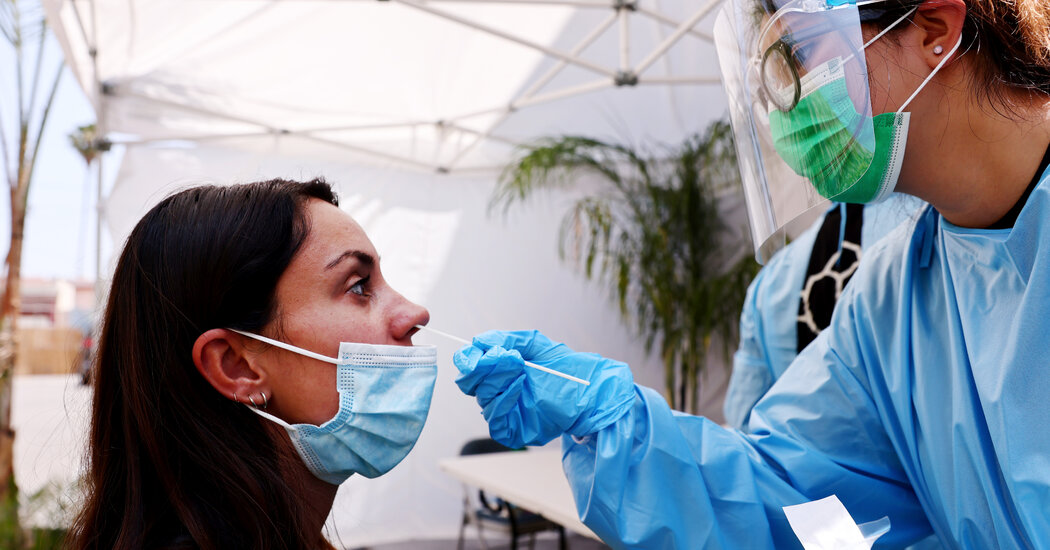Whether a vaccinated person ever becomes infected may depend on how high the antibodies are after vaccination, how strong these antibodies are against the variant, and whether the antibody level in the person’s blood has decreased since vaccination.
In any case, the immune defense prepared by the vaccines should recognize the virus soon after infection and destroy it before any significant damage occurs.
“That explains why people get infected and why people don’t get seriously ill,” says Michel C. Nussenzweig, an immunologist at Rockefeller University in New York. “It’s almost inevitable unless you give people boosters a lot.”
Today’s Best Reader Comments
Beyond individual reports, there is limited evidence as to whether breakthrough infections with the Delta variant are more common or more likely to spread to other people. The CDC has recorded approximately 5,500 hospital admissions and deaths of vaccinated people, but it does not track any minor breakthrough infections.
Additional data comes from the Covid-19 Sports and Society Workgroup, a coalition of professional sports leagues that work closely with the CDC Sports teams in the group, testing more than 10,000 people at least daily, and sequencing all infections, according to Dr. Robby Sikka, a doctor who worked for the NBA’s Minnesota Timberwolves.
Breakthrough infections in the leagues appear to be more common with the Delta variant than Alpha, the variant first identified in the UK, he said. As predicted, the vaccines significantly reduced the severity and duration of the illness, with players returning less than two weeks after infection, compared to nearly three weeks earlier in the pandemic.
But while infected, players carry very high amounts of the virus for seven to ten days compared to two or three days for those infected with alpha, said Dr. Sikka. Infected players need to be quarantined, so the project has not been able to track whether they passed the virus to others – but it’s likely they would, he added.
